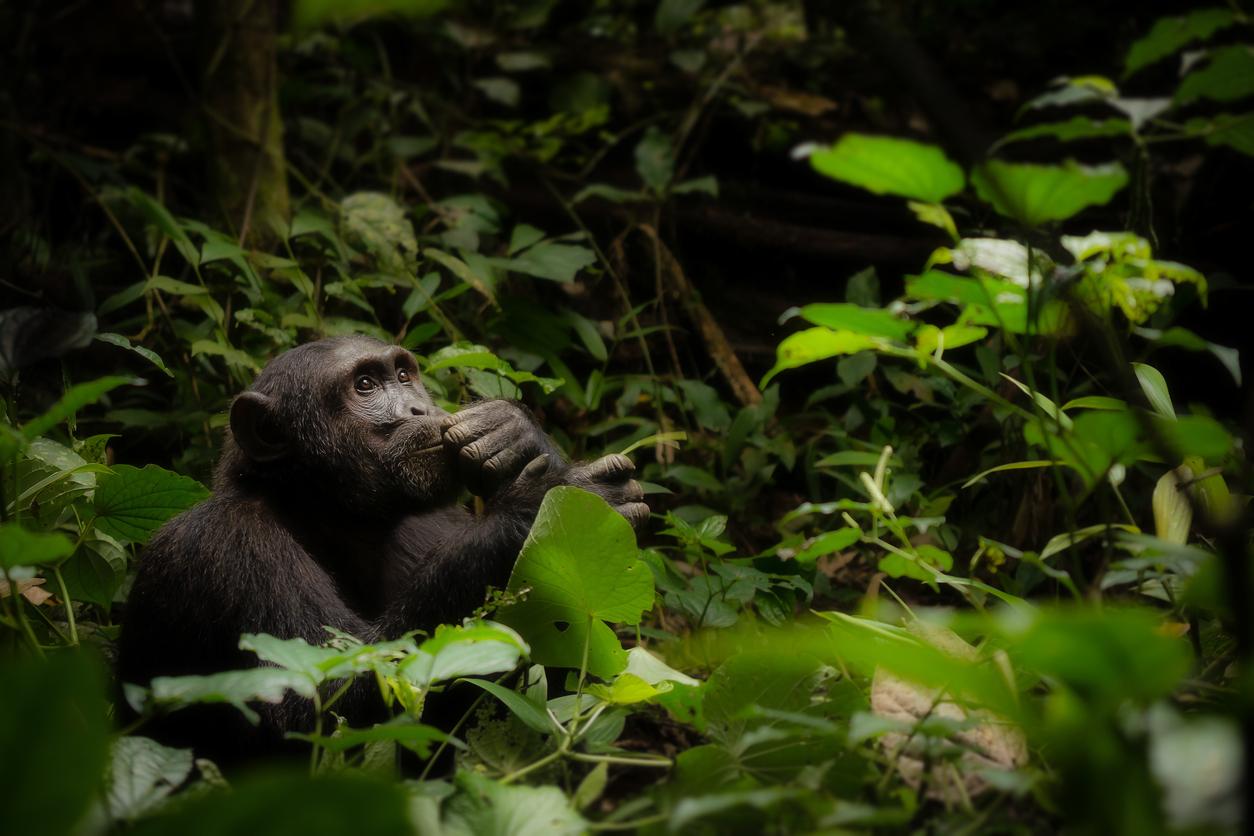Researchers say they have found a vaccine that provides rapid and lasting protection against the Ebola virus. Tested successfully in monkeys, the vaccine is being tested in humans.

“Rapid and long-lasting protection” such are the promises of a new anti-Ebola vaccine successfully tested in monkeys. According to the researchers, this new device would be able to protect humans against the virus that has raged in West Africa since the beginning of the year. The work of these researchers is published in the journal Nature Medicine.
Long term protection
Led by Dr Nancy Sullivan, a team from the National Institute of Allergy and Infectious Diseases research center has developed a vaccine based on an adenovirus, a common cold virus in chimpanzees, called “ChAd3”. This adenovirus serves as a vector to deliver fragments of genetic material of the Ebola virus into the cells of the vaccinated subject.
These fragments help the body to learn to recognize the Ebola virus, and therefore to defend itself against it. Macaque guinea pigs received full short-term and partial long-term protection against Ebola. The researchers believe that this vaccine is “the first demonstration of lasting protection against the virus and that, if approved for humans, it could be of benefit to populations in countries severely affected by the epidemic.”
Human trials began in early September, according to an announcement made by the U.S. Institute of Allergy and Infectious Diseases on Aug. 28.
No approved treatment for the moment
Other vaccines and treatments have been tried since the epidemic began in West Africa. But none of them seem to be 100% reliable. On August 12, an ethics committee of the World Health Organization (WHO) approved the use of unauthorized treatments, including one that has been proven. Developed by American researchers, this treatment called ZMapp was administered to two American doctors, infected by the virus while they were in West Africa. They were able to return home completely healed. However, this same treatment delivered to a Spanish priest, did not allow the latter to survive the virus.
As a reminder, the Ebola epidemic has already made 3,500 confirmed cases in West Africa, including 1,900 deaths, according to the latest report from the World Health Organization (WHO).
.

















